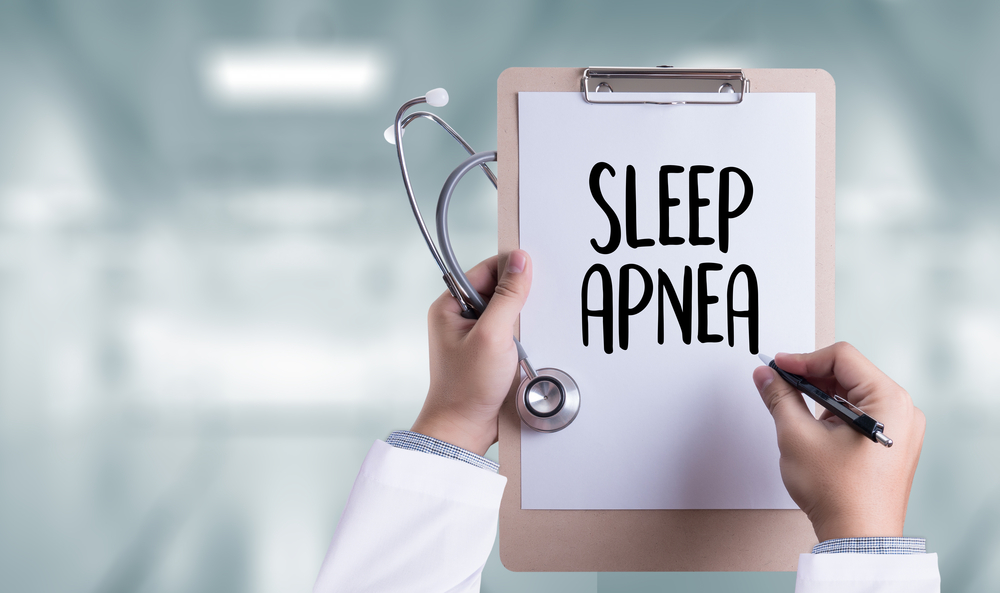Understanding and Managing Sleep Apnea is critical. Sleep Apnea is a sleep disorder characterized by interruptions in breathing during sleep. It leads to periods of shallow breathing or pauses in breathing altogether. Left untreated, apnea can cause serious health complications, such as cardiovascular disease, hypertension, daytime fatigue, and cognitive impairment. At Rebecca E. Reeves DMD in Raleigh, NC, our airway dentistry professionals can help you find a solution that doesn’t diminish your quality of life.
The Silent Struggle: Understanding and Managing Sleep Apnea in Airway Dentistry
Apnea can affect patients of any age, although certain factors may increase the risk. Common risk factors include obesity, aging, male gender, family history, smoking, alcohol consumption, and anatomical issues such as a narrow airway or enlarged tonsils. Additionally, lifestyle factors like sedentary behavior and poor sleep hygiene can exacerbate the condition.
Obstructive apnea occurs when the muscles in the throat relax too much during sleep, causing the airway to narrow or become blocked. Central apnea, less common than obstructive apnea, occurs when the brain fails to send signals to the muscles that control breathing.
Diagnostic Tools and Screening
Dentists and healthcare professionals use various tools to assess symptoms and determine the need for further evaluation. Common symptoms that warrant testing include loud and persistent snoring, witnessed pauses in breathing during sleep, excessive daytime sleepiness or fatigue, morning headaches, irritability, difficulty concentrating, and waking up frequently to urinate.
Additionally, patients with the above-named risk factors should undergo screening. Diagnostic tests may include sleep questionnaires, home sleep apnea tests, or polysomnography, which monitors various physiological parameters during sleep. Early detection and intervention prevent complications.
CPAP Machines: An Imperfect Solution
Continuous positive airway pressure machines are commonly prescribed as a treatment for obstructive sleep apnea. They work by delivering a steady stream of pressurized air through a mask worn over the nose or nose and mouth during sleep. This air pressure helps to keep the airway open, preventing obstruction and allowing for uninterrupted breathing throughout the night.
While CPAP therapy is effective for some patients, others experience challenges with compliance and tolerance. Common problems include discomfort from wearing the mask, nasal congestion or dryness, skin irritation, claustrophobia, difficulty adjusting to the sensation of forced air, and noise from the machine itself. Additionally, maintaining proper mask fit and cleaning can be cumbersome for some users.
Our Innovative Alternative
Fortunately, people who struggle with CPAP machines can now find effective alternative treatments. At the clinic, we offer custom oral appliances, fabricated to fit comfortably in the mouth and gently adjust the position of the jaw to open up blocked airways during sleep. By repositioning the jaw slightly forward, these appliances prevent airway collapse and reduce the frequency of breathing interruptions associated with sleep apnea.
Studies have shown that custom oral appliances can be highly successful for patients who cannot tolerate CPAP therapy, with success rates exceeding 90%. This alternative offers a more comfortable and convenient option for managing sleep apnea. Additionally, oral appliances are easier to travel with.
Have you been diagnosed with apnea, or are you worried that you could be suffering from the condition? If so, reach out to Rebecca E. Reeves DMD in Raleigh, NC, and book a consultation. We’ll help you figure out your next steps, which might include diagnostic testing and the use of a customized oral appliance.

